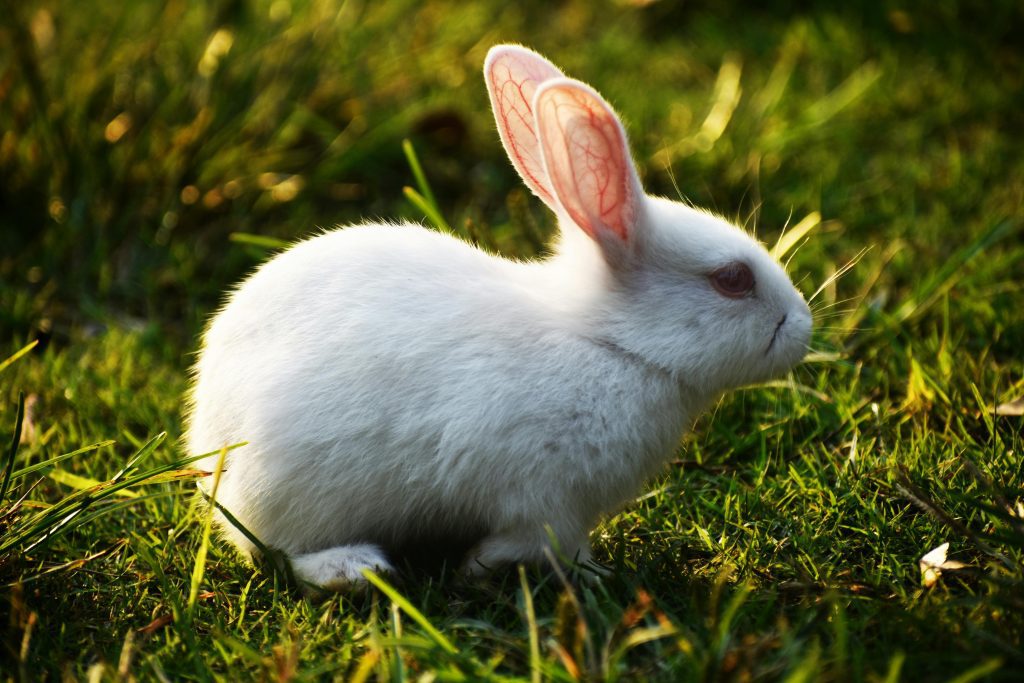Did you know that rabbit urine is one of the most underrated natural resources in agriculture? If you’re keeping rabbits or considering it, their urine is not just waste—it’s liquid gold.
Farmers, gardeners, and even entrepreneurs are beginning to realize its value.
So, if you’ve ever wondered why rabbit urine is such a big deal, this article is for you.
We’ll dive into its benefits, how to use it effectively, and how you can even turn it into a source of income.
What is Rabbit Urine Made of?
Unlike other animal urine, rabbit urine is rich in the essential nutrients plants need to grow.
It contains:
- High nitrogen content – Essential for leaf growth and greenery.
- Phosphorus – Helps with root development and flowering.
- Potassium – Strengthens plants, making them resistant to disease.
- Ammonia – Can be used as a natural pesticide when properly diluted.
Compared to cow or goat urine, rabbit urine has higher nitrogen levels, making it an excellent organic fertilizer.
It’s like a concentrated plant booster, natural, effective, and sustainable.
Rabbit Urine as an Organic Fertilizer
Using chemical fertilizers can harm the environment, but rabbit urine is a powerful, all-natural alternative.
It:
- Enriches the soil with nutrients, making it more fertile.
- Increases microbial activity, which helps break down organic matter.
- Balances soil pH, creating better growing conditions for plants.
How to Use It as a Fertilizer
There are two main ways to apply rabbit urine to plants:
- Direct Soil Application – Dilute 1 part urine with 10 parts water and pour it around plant roots.
- Foliar Spray – Mix 1 part urine with 20 parts water and spray it on plant leaves.
Using it in the right proportion is important because undiluted rabbit urine is too strong and may burn plants.
Which Plants Benefit the Most from Rabbit Urine?
Rabbit urine fertilizer works wonders on:
- Leafy greens (kale, spinach, lettuce)
- Tomatoes and peppers
- Fruits like bananas and pawpaw
- Root crops (carrots, yams, cassava)
If you’re growing any of these, start using rabbit urine, and you’ll see the difference.
Rabbit Urine as a Natural Pest Repellent
If pests are ruining your crops, forget expensive chemicals—rabbit urine is an effective, chemical-free solution.
Rabbit urine has a strong ammonia smell that naturally repels insects like:
- Aphids
- Caterpillars
- Nematodes
It also deters rodents like rats and squirrels that feed on crops.
How to Use Rabbit It as a Pesticide
- Dilute it by mixing 1 part rabbit urine with 5 parts water.
- Add a few drops of liquid soap to help the solution stick to plants.
- Spray directly on leaves and stems, especially where pests attack.
Apply twice a week for best results. Over time, you’ll notice fewer pests damaging your crops.
Selling Rabbit Urine as a Business
Did you know that rabbit urine is in high demand? Many organic farmers and gardeners are willing to buy it.
If you own rabbits, this could be a great way to make extra money.
Who Buys?
- Organic farmers looking for eco-friendly fertilizers.
- Gardeners who prefer natural pesticides.
- Agricultural supply stores that sell organic farm inputs.
How to Start a Rabbit Urine Business
- Collect and store urine properly (we’ll cover this next).
- Package in plastic bottles and label them as organic fertilizer/pesticide.
- Sell online (Facebook Marketplace, WhatsApp groups, local farm stores).
- Offer farm demonstrations to show how it works.
Rabbit urine is literally money in a bottle if you market it well.
How to Collect, Store, and Use Rabbit Urine
Now that you know its uses, let’s talk about how to collect and store rabbit urine properly.
How to Collect Rabbit Urine
- Use a urine collection tray under the rabbit cage.
- Ensure the cage floor is slanted so urine flows into a container.
- Keep the collection area clean to prevent contamination.
Best Practices for Storing Rabbit Urine
- Store in airtight containers to prevent ammonia from evaporating.
- Keep in a cool, dark place to maintain its potency.
- Use within 3 months for the best results.
Proper storage ensures that the urine remains effective when used as a fertilizer or pesticide.
Common Myths and Challenges of Using Rabbit Urine
There are a few misconceptions about rabbit urine.
Let’s clear them up.
Myth 1: It is Too Strong for Plants
- Fact: When diluted properly, it is safe and highly beneficial.
Myth 2: The Smell is Too Bad to Handle
- Fact: Yes, it has a strong odor, but storing it properly minimizes this issue.
Myth 3: Only Large-Scale Farmers Can Use It
- Fact: Even backyard gardeners can benefit from it.
These myths prevent people from using an incredible natural resource.
Now that you know the truth, there’s no reason not to try it.
Why More People Should Start Using Rabbit Urine
Rabbit urine is one of the most sustainable, cost-effective resources in agriculture.
If you’re raising rabbits, you’re sitting on an untapped goldmine.
Here’s why you should start using it today:
- It’s free (if you have rabbits).
- It improves soil health naturally.
- It repels pests without chemicals.
- It can be sold for extra income.
If you’re into organic farming or just looking for a sustainable way to grow healthier plants, rabbit urine is worth trying.
Final Thoughts
Who knew rabbit urine could be this valuable? Instead of letting it go to waste, start collecting and using it.
Maybe you’re farming, gardening, or thinking of starting a business, this natural resource is too good to ignore.
